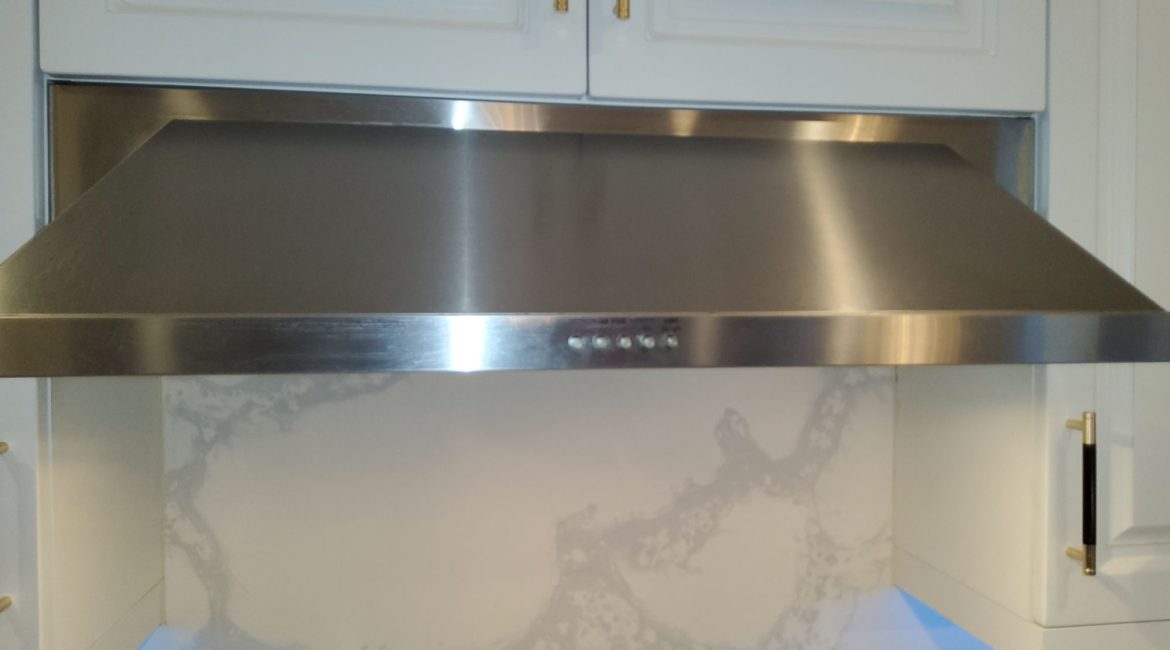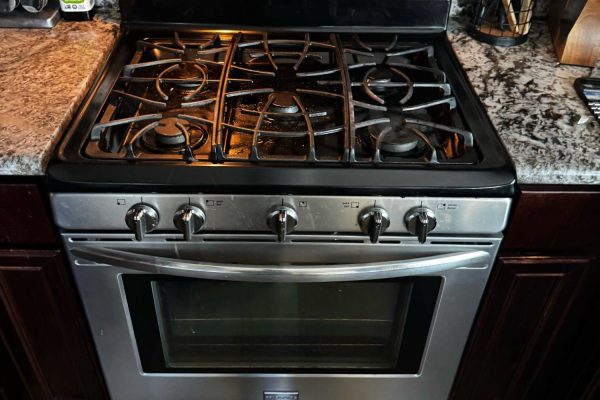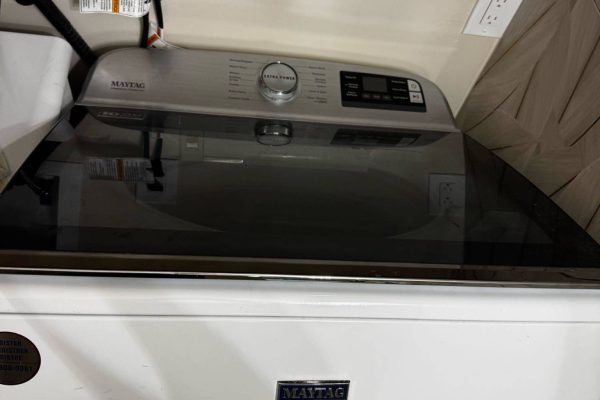A properly functioning range hood is essential for keeping your kitchen clean, safe, and free from unwanted odors. When it begins to make rattling noises, homeowners often feel frustrated or worried that a serious breakdown is on the way. In many cases, the cause is mechanical, and if addressed early, the appliance can be restored to smooth, quiet operation. Two of the most common reasons for loud rattling noises are a loose fan blade or worn motor bearings. Both issues require timely attention to prevent further damage.
Why Range Hoods Start Making Rattling Noises
A range hood relies on its fan system and motor components to draw in smoke, grease particles, and steam from cooking. When any part of this system becomes misaligned, worn out, or loosened, you’ll hear changes in sound. Rattling, clanking, or vibrating noises indicate that something in the mechanical assembly is no longer functioning as intended.
Ignoring these early signs can lead to bigger problems. Loose parts may break completely, the motor could overheat, or airflow could drop significantly, reducing the hood’s ability to properly ventilate your kitchen.
Understanding the root cause helps you determine what needs to be fixed — and how urgently.
Cause 1: Loose Fan Blade
The fan is the most active component of your range hood. It rotates at high speed every time you cook, making it susceptible to loosening over time.
Common reasons the fan blade becomes loose:
- The mounting screw has gradually loosened from vibration
- Grease buildup causes imbalance in rotation
- The fan blade itself has warped due to heat or extended use
- The hub holding the blade to the motor shaft has weakened
When the blade becomes loose, it begins to wobble. This wobbling produces a rattling or tapping noise, especially as speed increases. If the problem continues unchecked, the fan blade may detach entirely, damaging the interior components of the hood.
Symptoms of a loose fan blade:
- Rattling starts immediately when the hood is turned on
- Noise increases on higher fan settings
- Slight vibration can be felt on the hood surface
- Airflow seems weaker or inconsistent
Why this issue must be addressed quickly
A loose fan blade affects both performance and safety. It can strike surrounding components, damage the motor, or create sparks in severe cases. Fixing the blade early is much more affordable than repairing a fully damaged motor assembly.
Cause 2: Worn Motor Bearings
Motor bearings allow the fan to spin smoothly. Over time, they can wear out due to heat, heavy use, dust, and grease exposure.
Signs the motor bearings are failing:
- Rattling accompanied by grinding or humming
- Loud noise even at low speed
- The fan slows down or struggles to start
- Burning smell coming from the hood
As the bearings deteriorate, friction increases. The motor must work harder to spin the fan, which generates noise and reduces efficiency.
What happens if you ignore worn bearings:
- Motor overheating
- Complete motor failure
- Burning or melting of internal components
- Higher electricity consumption
- Risk of smoke buildup during cooking
Replacing bearings requires professional attention. In many cases, replacing the entire motor assembly is the safest long-term solution.
Other Possible Sources of Rattling
Although loose fan blades and worn motor bearings are the top causes, rattling can also be triggered by other issues such as:
- Loose screws in the housing
- Damaged or loose ductwork
- Vibrating metal filters
- Bent or misaligned internal panels
- Excessive grease buildup
A proper diagnostic inspection can determine the exact cause and prevent additional complications.
Why Professional Repair Is Important
Range hoods contain electrical wiring, moving parts, and airflow systems that require correct handling. DIY attempts can lead to safety hazards or incomplete repairs.
A qualified technician can:
- Inspect all mechanical and electrical components
- Identify whether the noise comes from the fan, motor, or housing
- Clean the system thoroughly
- Tighten or replace the fan blade
- Repair or replace worn motor bearings
- Correct alignment and restore balanced airflow
Timely repair not only eliminates the noise but also extends the lifespan of your range hood and preserves safe ventilation in your kitchen.
If your range hood has started making rattling noises, don’t wait for the problem to worsen. Contact Poway Appliance Repair Service Center for fast, professional, and reliable diagnostics and repair. Our experts will restore your appliance to quiet and efficient operation. Call today to schedule your service.
Contact us


